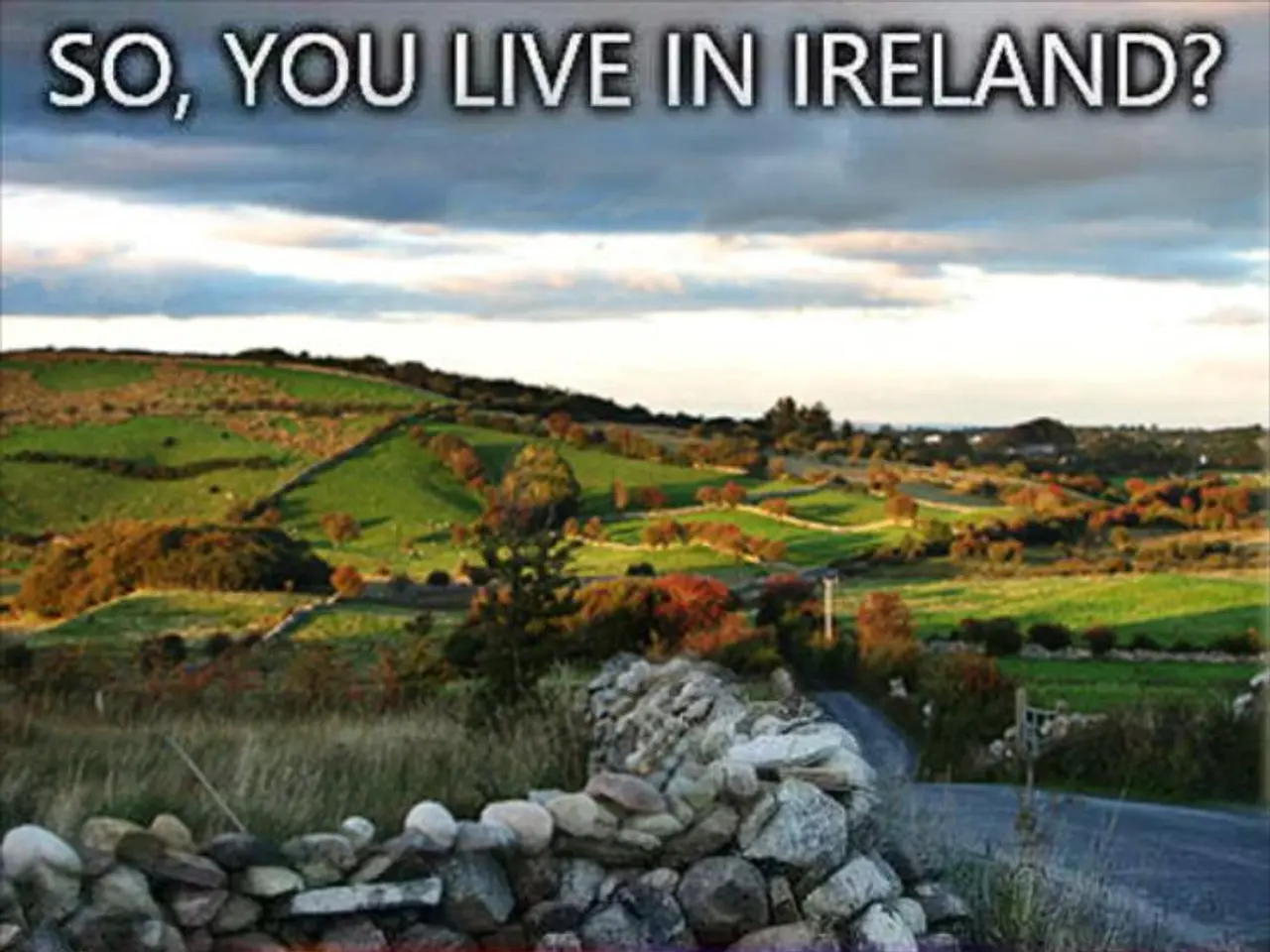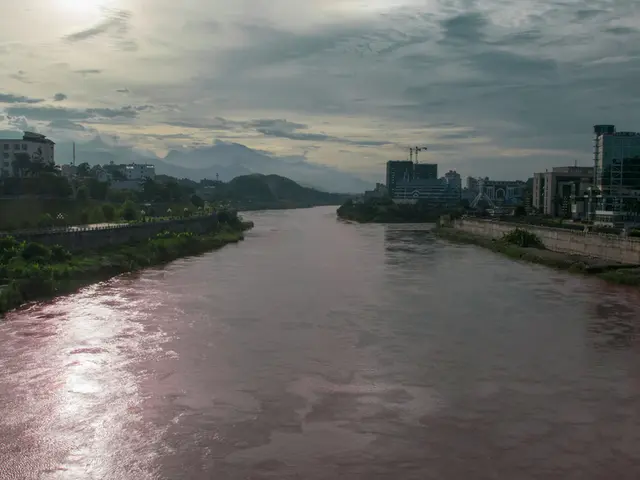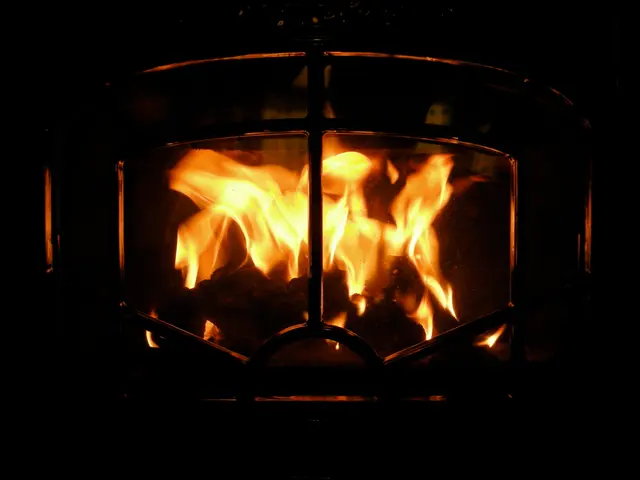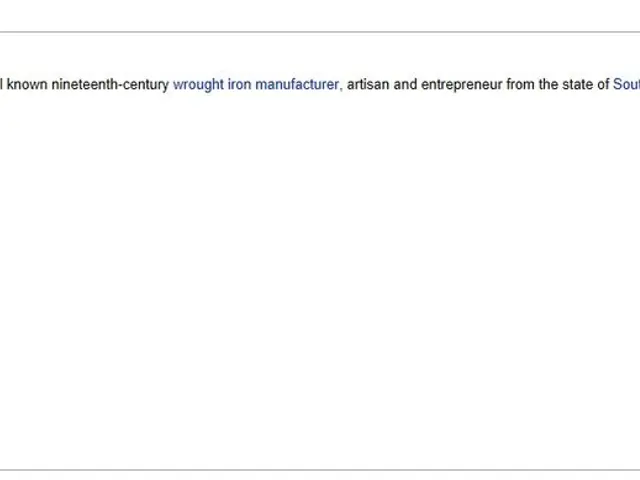Firefighters in France expressing positivity following suppression of significant forest blaze
Wildfire Ravages Mediterranean Coastal Region: Aude Blaze Under Control but Not Extinguished
The Aude blaze, a devastating wildfire that swept through the picturesque Mediterranean coast of France, has been brought under control after a gruelling battle by over 1,000 firefighters on Friday. However, the fire is not yet completely extinguished, and authorities warn that it will take several more days to fully contain the inferno.
The fire, which occurred in the Aude department, spread rapidly through 17,000 hectares (4,200 acres) of vegetation in just over 48 hours, leaving a trail of destruction in its wake. The extreme heatwave that hit southern France, including the Aude wine region, in 2025 contributed to the unprecedented wildfire activity, with temperatures soaring above 40°C (104°F), forcing evacuations and causing deaths.
The heatwave formed a "heat dome," creating stable atmospheric conditions with scarce rainfall, extreme daytime temperatures, tropical nights with little moisture recovery, and prolonged drought. Low humidity levels, sometimes below 10%, made vegetation like dry grasses and twigs prone to catching fire instantly upon ignition.
The large wildfire in the Aude department rapidly consumed thousands of hectares, overwhelming firefighting efforts despite mobilizing around 2,000 firefighters. The blaze near Tarifa, a windsurfing hub, has been brought under control, but the low cloud cover helps firefighters on the ground while complicating aerial operations to fight the fire.
The region has been placed on alert for a heatwave and more wind this weekend, and Portugal has extended emergency measures due to the heightened risk of fires. Regional prosecutors are investigating the origin of the Aude blaze, and about 2,000 people were evacuated, with some allowed to return home on Friday.
Local authorities estimate that 800 to 900 hectares of vineyards have been lost due to the fire, causing despair for vineyard owners like Fabien Vergnes in Tournissan. The fire has also claimed one life, with a 65-year-old woman found dead in her home in Saint-Laurent-de-la-Cabrerisse on Wednesday due to the fire. Eighteen people were injured: two residents were hospitalized, one with serious burns, and 16 firefighters.
Helene Sandragne, the president of the Aude departmental council, expressed relief that the fire is under control but emphasized the need for complete vigilance. Remi Recio, a senior regional official, stated that the weather is changing in favor of firefighters due to a weakening of the wind and rising humidity.
The Aude blaze is a stark reminder of the devastating impact of global warming on Mediterranean coastal regions. Rising temperatures, extended dry periods, and created drier vegetation have fuelled more frequent and severe wildfires in these areas. This not only endangers ecosystems and communities but also challenges local economies, including tourism, as areas frequently affected by fires and extreme heat become less safe or attractive for visitors.
As Europe faces new August heatwaves, and many areas are on alert for wildfires, the Aude blaze serves as a grim warning of the future if action is not taken to combat climate change.
References:
- Climate Central
- BBC News
- National Geographic
- The Guardian
- The New York Times
- The wildfire in the Aude department has highlighted the significant role of environmental science, particularly in understanding and mitigating the effects of climate change on Mediterranean coastal regions.
- As the Aude blaze continues to be controlled, general news outlets are reporting increased attention on weather forecasting and its role in predicting and preparing for wildfire events.
- Despite the progress made in fighting the Aude blaze, crimes associated with wildfire episodes, such as arson and illegal disposal of debris, remain under investigation by authorities.
- As the Aude blaze serves as a grim warning for the future, scientists urge increased efforts to combat climate change, seeking for solutions in scientific research on both environmental science and crime and justice systems to address the growing threat of wildfires amidst warmer and dryer weather conditions.








